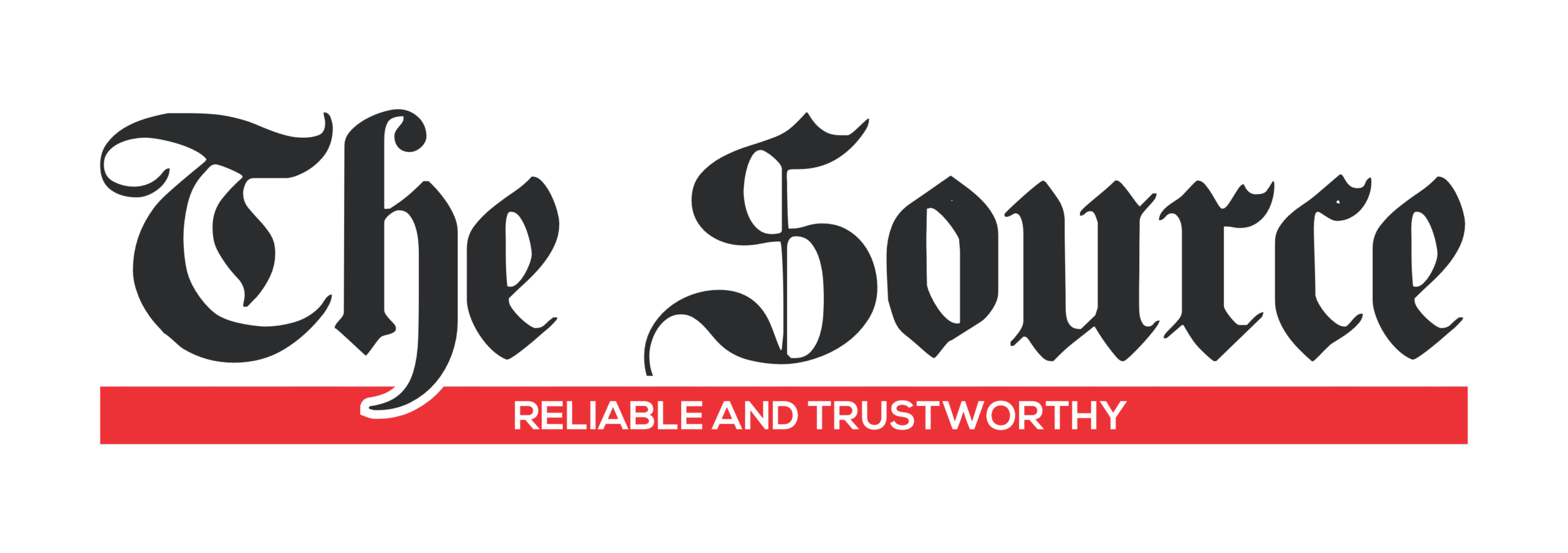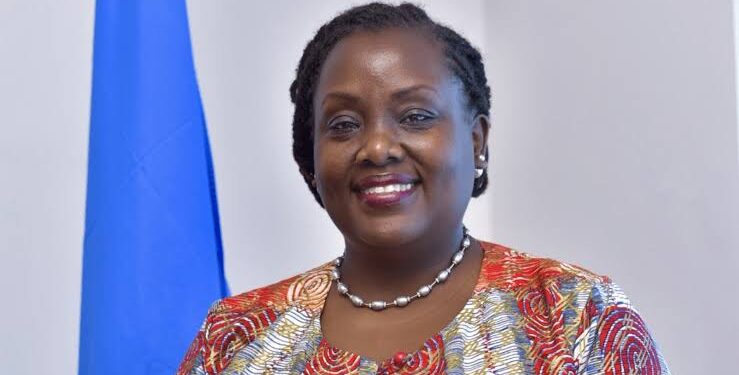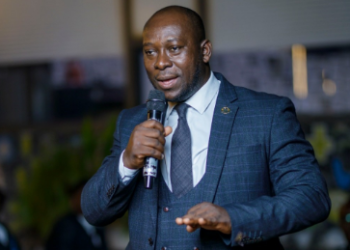WHO urges action on mental health as Africa’s crises deepen
The World Health Organization (WHO) has emphasised the urgent need for countries, particularly in Africa, to strengthen mental health and psychosocial support (MHPSS) systems as part of their preparedness and response to emergencies.
Speaking on behalf of the WHO Country Representative to Ghana, Dr. Fiona Braka, a representative delivered an address during the Wholesome Mind Summit 2025, which coincided with the 2025 World Mental Health Day commemoration.
She emphasized that the psychological toll of disasters and conflicts often goes unnoticed in public health interventions.
Dr. Braka noted: “Access to Mental Health Services in Catastrophes and Emergencies” — reflects a growing recognition of the devastating mental and social effects of crises such as pandemics, armed conflicts, and natural disasters.
“World Mental Health Day is an international day commemorated every year on the 10th of October to raise awareness of mental health issues around the world and mobilize efforts in its support,” she noted, adding that emergencies can “cause or worsen mental health and psychosocial problems.”
She explained that while nearly all people affected by emergencies experience psychological distress, research shows that one in five individuals go on to develop a mental health condition such as depression, anxiety, or post-traumatic stress disorder (PTSD).
“The psychological and social effects of emergencies can be severe in the short term, but can also affect people in the long term. These effects include family separation, disruption of social networks, destruction of community structures and trust, increased gender-based violence, grief, depression, and anxiety disorders,” Dr. Braka said.
Africa’s vulnerability and global commitments
Dr. Braka drew attention to Africa’s unique vulnerability, noting that the continent bears the highest burden of public health emergencies globally, with over 100 major events reported annually. These include recurrent outbreaks of Ebola, cholera, measles, yellow fever, meningitis, and monkeypox, all of which severely impact fragile healthcare systems and increase the risk of psychosocial trauma.
“These events strain fragile healthcare systems, disrupt essential health services, threaten the economy, and affect mental health and wellbeing, necessitating robust mental health and psychosocial support services,” she stressed.
Referencing a major policy shift earlier in the year, Dr. Braka noted that during the World Health Assembly in May 2024, Member States unanimously approved a resolution to strengthen mental health and psychosocial support across all stages of emergencies — from preparedness to recovery. The resolution urges all countries to integrate mental health services into their disaster management frameworks, ensuring no one is left behind in the aftermath of crises.
“The resolution called for Member States to incorporate mental health and psychosocial support into emergency preparedness, response, and recovery efforts, ensuring services are available for all, particularly in fragile and conflict-affected areas,” she recalled.
Call for comprehensive mental health frameworks
Dr. Braka also referenced the African Regional Framework to strengthen the implementation of the Comprehensive Mental Health Global Action Plan, describing it as a crucial instrument for improving the continent’s resilience in times of crisis. The Framework, she said, “emphasizes strengthening mental health and psychosocial support response capacities in the African region as a key intervention.”
Despite this progress, she revealed a concerning gap in the region’s mental health readiness:
“Data shows that only 11 countries in the region have a mental health and psychosocial component integrated into their national emergency response plans,” she lamented.
Dr. Braka called for renewed collaboration among governments, health institutions, and development partners to ensure that mental health becomes a central pillar of public health emergency preparedness and humanitarian action.






